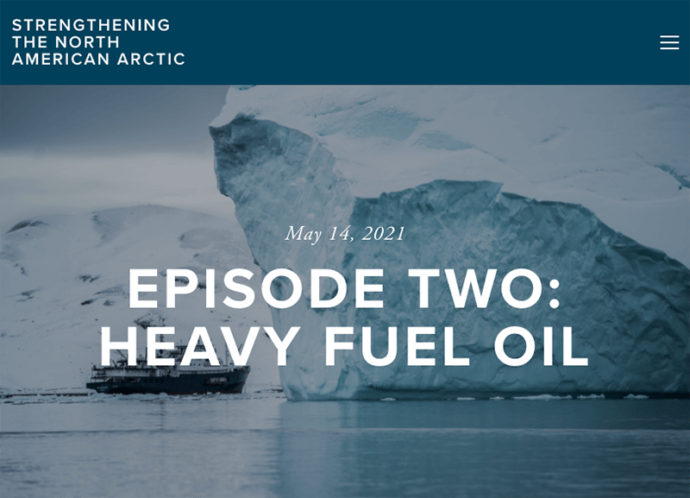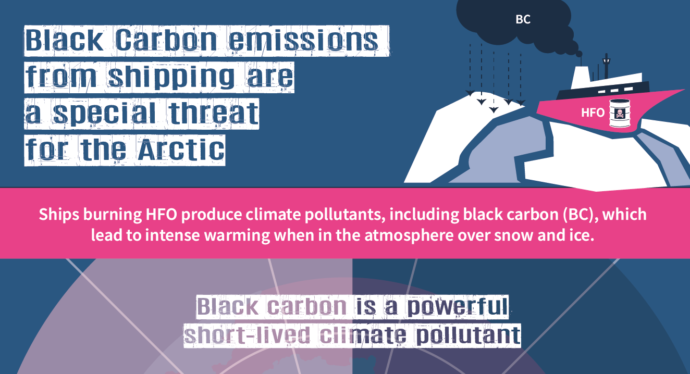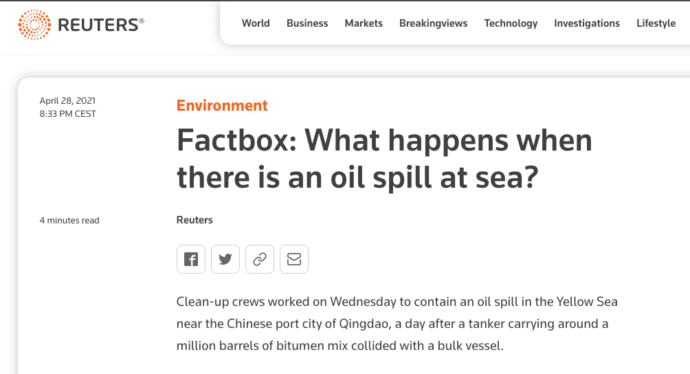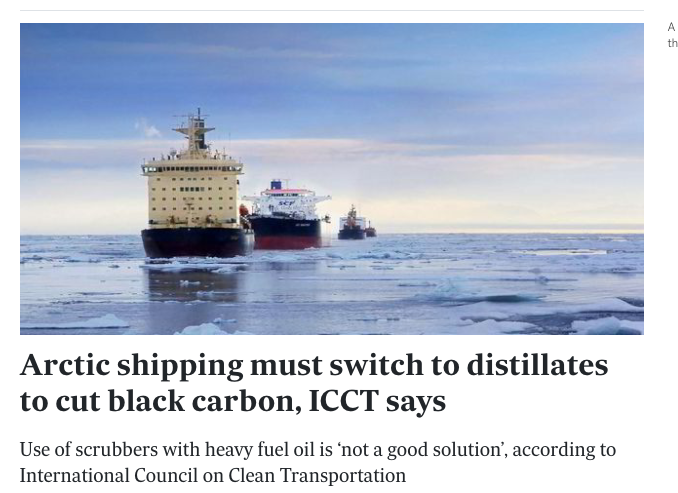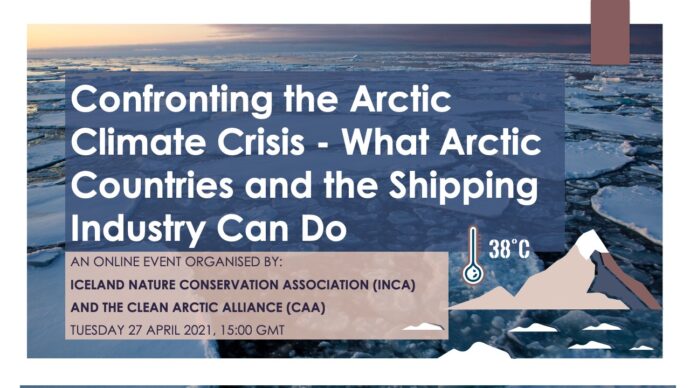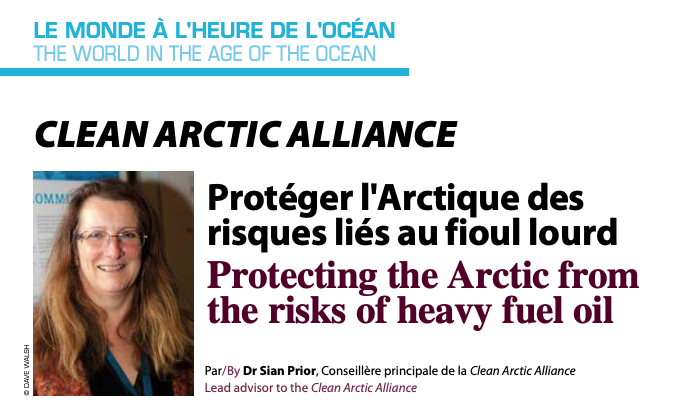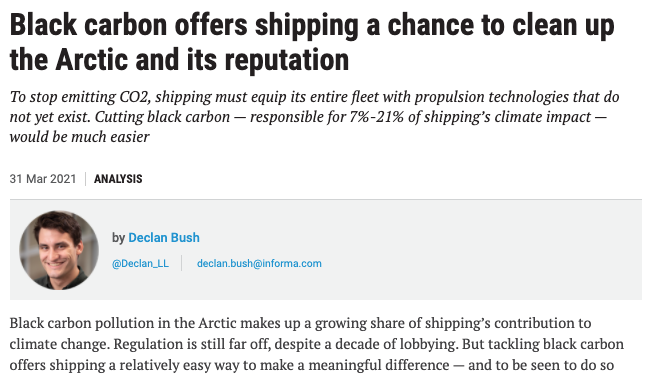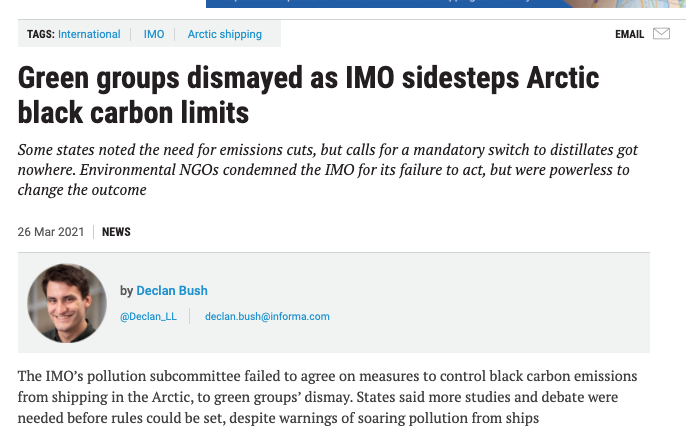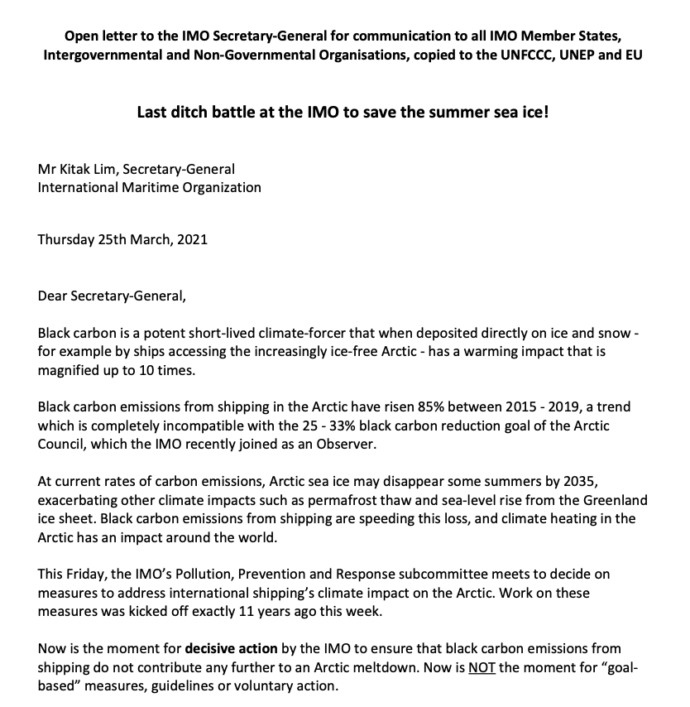Arctic 360 Podcast: Breaking the Ice – heavy fuel oil
Heavy fuel oil is thick and has a tar-like consistency. That makes spills involving it a major environmental concern. HFO is commonly used to fuel shipping vessels, including in Arctic waters. However, the International Maritime Organization has recently approved a ban on HFO in the Arctic to take effect after July 1, 2024.

